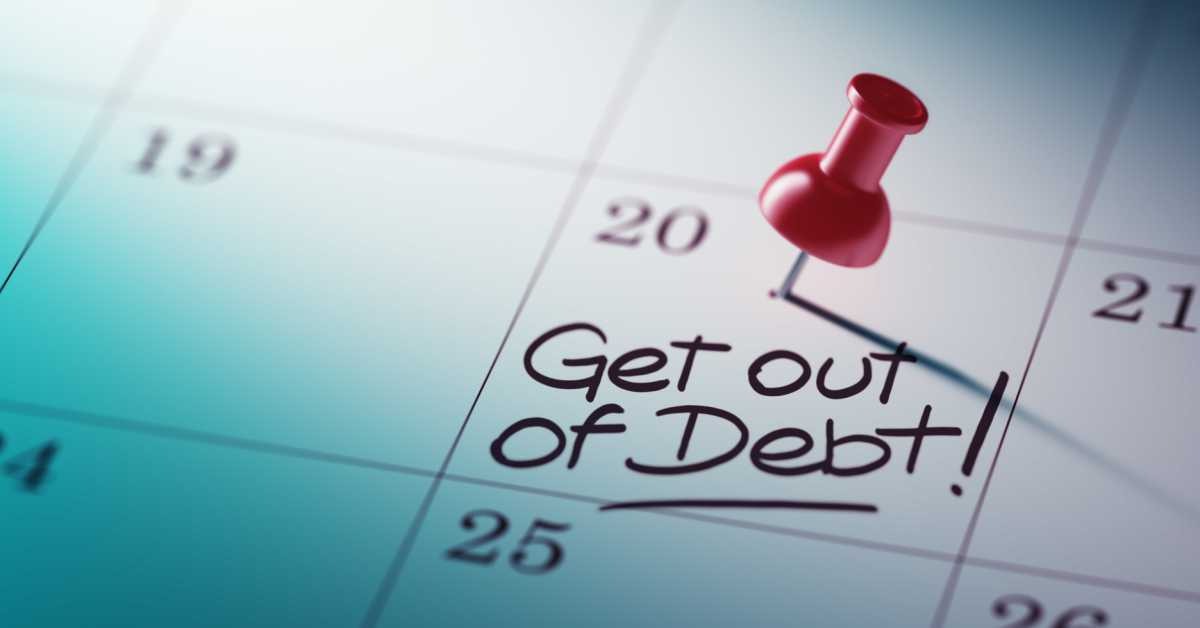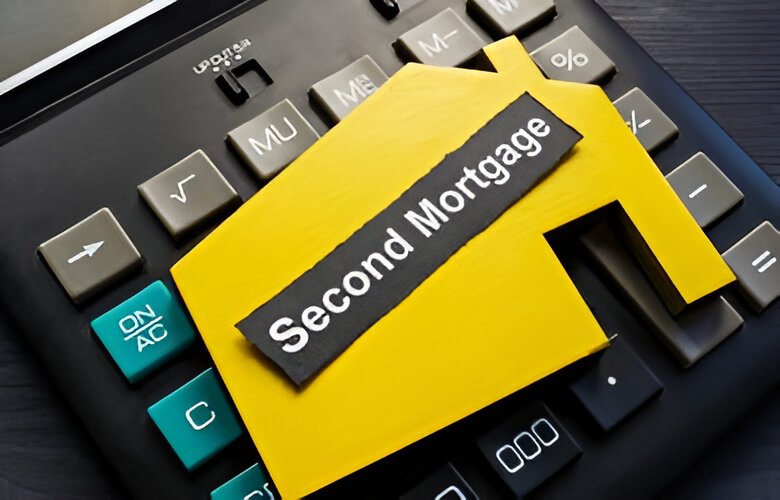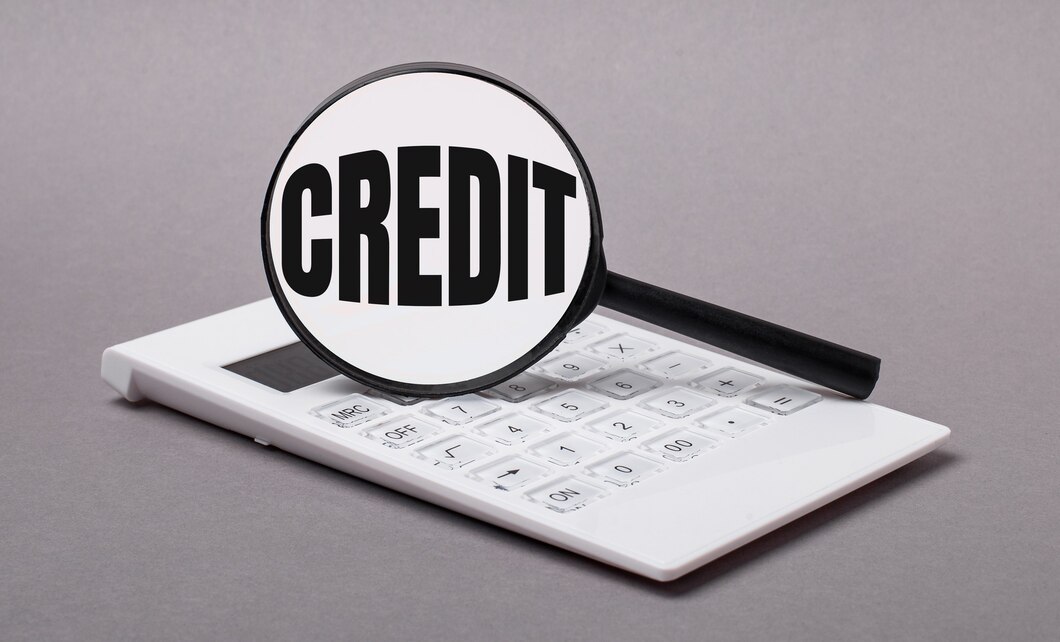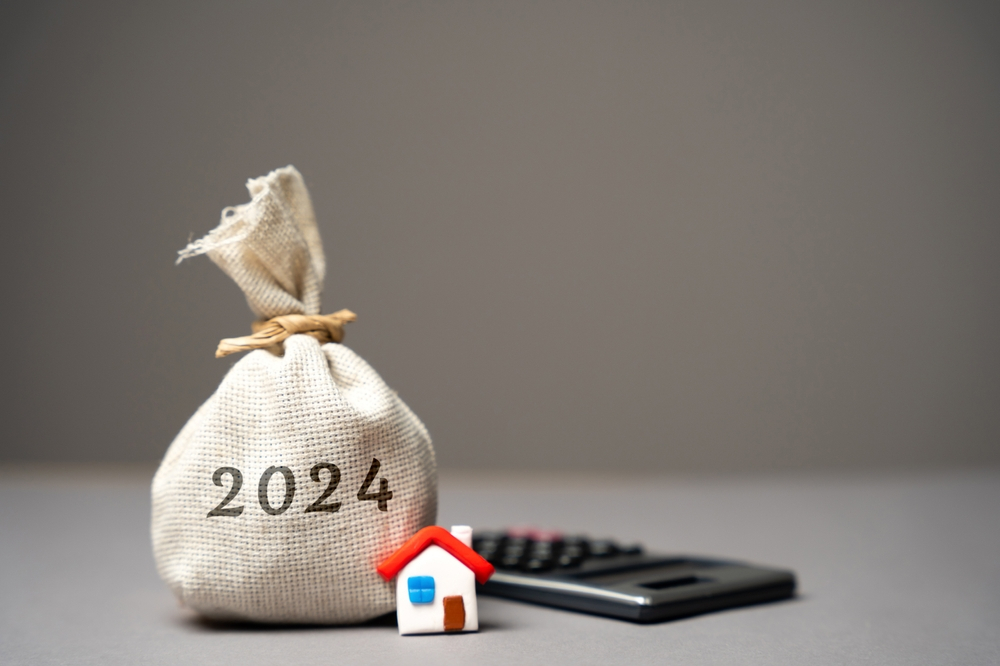Do you routinely pay bills that are over their due dates? Do your cheques bounce frequently? Do collection agencies contact you via phone? All of these could be indicators that your debt is getting out of control.
The good news is that you can take action to regain control of your finances. The following steps can help you to manage and take charge of your debt.
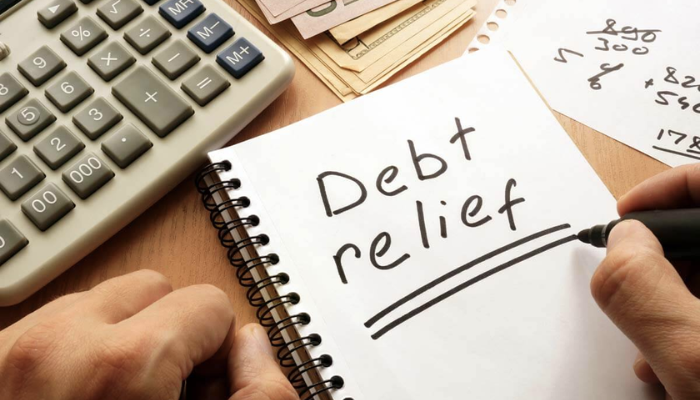
Step 1: Make a Budget
The most important step in taking charge of your finances is creating a budget. A budget serves as a financial road map by outlining how much money you have, where it comes from, and what needs to be done with it. Use this detailed budget planner to track where your money goes. It includes suggestions, recommendations, and live charts.
To get started, take these simple steps:
- Be aware of your financial activities: You can better understand what comes into and leaves your pocket by keeping track of your finances. Your overall budget is impacted by every dollar you spend.
- Consider your wants and needs: Making good decisions requires understanding the difference between your “needs” (things you really must have) and your “wants” (things you might like but don’t definitely need).
- Consider your financial objectives: List both your short-term and long-term goals and include saving for them in your budget.
Investigate Statistics Canada’s Personal inflation calculator to advance your budgeting. Find out your spending patterns by calculating your personal inflation rate based on the goods and services you use.
Step 2: Check Your Credit Health
Lenders primarily utilize your credit record and credit score to decide whether or not you are a good candidate for credit products. Lenders are interested in learning if you can make on-time payments on your debts.
The data in your report determines the ups and downs of your credit score. For instance, making consistent, on-time payments will progressively raise your score, whereas skipping payments will lower it. Credit scores in Canada range from 300 to 900. Scores of 600 or higher are regarded as average/good. Generally speaking, scores of 750 or higher are regarded as excellent.
Why is a Credit Score Important?
If your credit score is high, you might be able to borrow money at a cheaper interest rate and end up paying less in interest over time. Poor credit might make it more challenging to be approved for loans, credit cards, leases, or mortgages and can occasionally result in higher interest rates. Your eligibility for some debt repayment choices may also be impacted by your credit history.
Spend some time periodically assessing the state of your credit. Verify that there are no inaccuracies in your credit report by checking it. Your credit score won’t change if you check your personal credit report. You are entitled to receive a free copy of your credit report and have the right to know what information is on it.
Although it will take time, there are numerous things you can do to raise your credit score, such as utilizing a secured credit card and making sure you pay all of your minimum monthly obligations. More guidance on how to enhance your credit can be found at the Financial Consumer Agency of Canada.
Step 3: Create a Plan
Not sure where to concentrate your efforts to begin managing your debt? You can manage your debt in many different ways and begin to pay it off.
Paying down the loan with the highest interest rate first is one approach. As a result, you’ll pay less interest over time and pay off your loan more quickly. Another tactic is to make sure you’re paying the minimum amount on each obligation while putting more emphasis on paying off the debt with the lowest balance. Gaining momentum and inspiration by quickly paying off a few bills can help you go forward.
The Financial Consumer Agency of Canada has more details on creating a plan to get out of debt.
When to Get Help
If you’re not sure where to begin, think about seeking assistance from a budget or credit counsellor. They can assist you in locating debt management solutions and formulating a plan for debt elimination. For instance:
- Are there options for loan consolidation (also known as debt pooling)?
- Do you have the ability to bargain with your creditors and/or lenders about your debt?
- Are you closely collaborating with your mortgage broker to identify the greatest options for your spending plan?
- What strategy should you employ when using credit cards?
Asking for assistance is nothing to be ashamed or afraid of. A counselor will work with you to identify answers and get you back on track with your finances. For additional guidance, consult the Financial Consumer Agency of Canada.
Do your homework! Some less-than-reputable businesses may attempt to get your interest by making promises to assist you to eliminate debt and resolve financial issues. Find out if the organization has ever been the subject of any major or unresolved complaints. Late payments to creditors or deceptive advertising may fall under this category. Be aware of your rights and inquire with the provincial authority for further details on various debt management options.
Step 4: Take Control and Take Action
It’s time to execute your strategy after you’ve taken the effort to develop a budget for it.
Stick to your plan and act consistently, whether you have decided to create your own plan or are working with a credit counselor. Try to pay off all of your debts by the minimum amount due by the due dates. When you do, you can use any surplus funds from your budget to pay off your target debt.
But maintain your reality. You might wish to look into alternatives if you are unable to make the payments that are specified in your plan. This would be a good time to involve a professional if you haven’t already.
Always keep in mind that your circumstances may prevent you from always being able to follow your plan. It takes time to get out of debt. The key is to make an effort to manage your debt before it overwhelms you.
Consider Debt Consolidation
You can take out a loan to pay off debt consolidation obligations. You usually close the accounts after using the proceeds from the new loan to pay off the previous debts, after which you only have to make payments on the one new loan. A debt consolidation loan will frequently have a cheaper interest rate than the balances on your other loans.
Your finances are made simpler by consolidation. Keeping track of several loans from various creditors with various interest rates, payback plans, and other requirements can be difficult. You will only need to track one payment when you consolidate your debts or payments.
Consolidating your loans with a lower interest rate will also help you save money if some or all of your debts have high interest rates. This is true of all consolidation options, although how they each operate varies.

